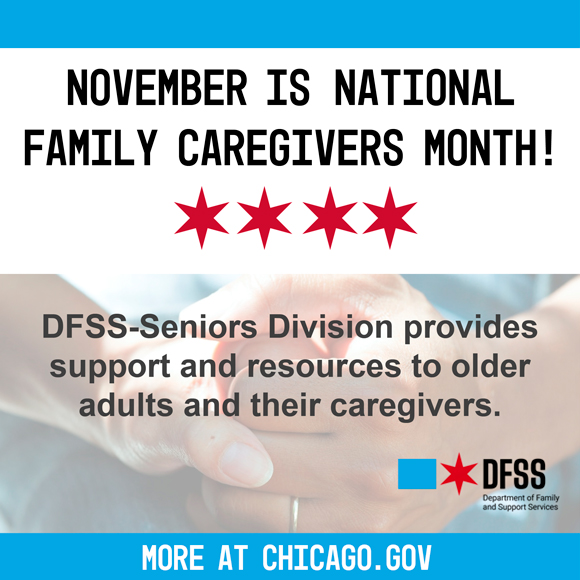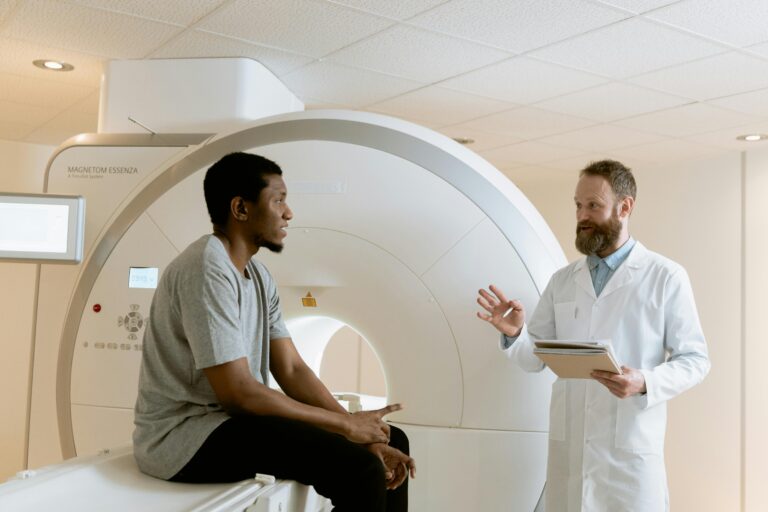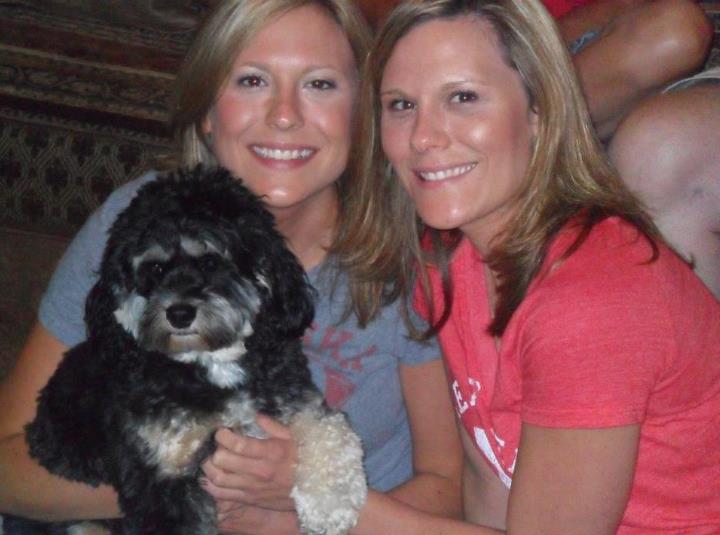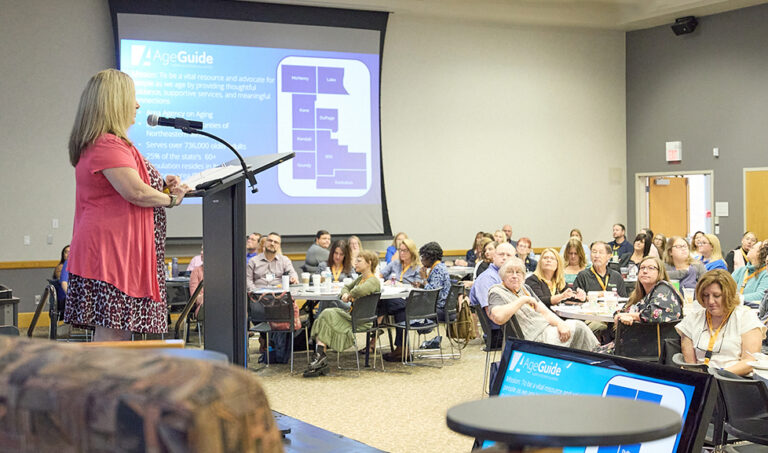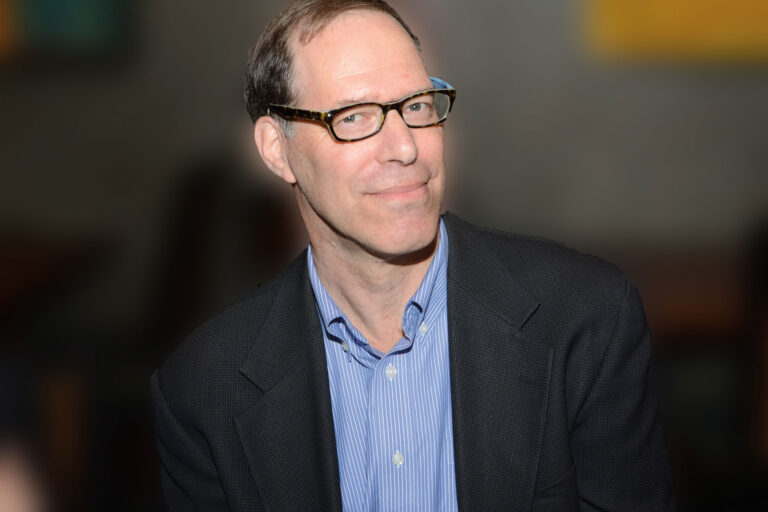
A native of Chicago’s Marquette Park neighborhood on the southwest side, Cassie operates as a freelance healthcare policy reporter based in D.C.
In a new PBS documentary, actor Bradley Cooper explores the troubled state of caregiving in America
Actor Bradley Cooper produced the new documentary “Caregiving,” which tells the story of America’s ongoing struggle to meet its citizens’ health and caregiving needs. The film is now available on PBS.com and aired on PBS stations on June 24.
Cooper’s own experience as a caregiver drew him to the subject. In 2010, he put his career on hold to care for his father during the final year of his life. The film opens with Cooper’s story about the terminal lung cancer diagnosis that his father, Charles J. Cooper, received and how their relationship shifted in the months that followed.
“I came to appreciate how we need to care for caregivers better,” Cooper said in a statement. “It is my hope that ‘Caregiving’ will provide affirmation and support for those who do this profoundly meaningful and increasingly vital work.”
“Vital” is a keyword, as the country faces potential budget cuts to Medicaid and other programs that support caregivers and aging Americans. Earlier in June, filmmakers screened the documentary at the United Nations before policymakers, advocates, and dignitaries to offer insights to those in positions of power and current caregivers.
The documentary also zooms in on Frances Perkins, who came to Chicago in 1904 to teach chemistry at an all-girls preparatory school in Lake Forest. She ended up spending much of her free time on Halsted Street, volunteering at Hull-House.
Perkins’ experiences working alongside Jane Addams at the settlement house — recognized as a national model for delivering child care, healthcare, and other social services to the community — likely shaped her early views on caregiving.
President Franklin D. Roosevelt later asked Perkins to serve as secretary of labor amid the lingering effects of the Great Depression. As the architect of FDR’s New Deal, Perkins introduced a slate of policies that laid the foundation for the nation’s safety net programs and helped launch a national conversation on caregiving — one that continues nine decades later.
In Perkins’ time and today, America has grappled with a central question: Is caregiving a responsibility for individual families, or should the nation guarantee care for all?
The debate resurfaces during major societal shifts — whether advancing child care policies that help women remain in the workforce, funding medical care for the poorest and most vulnerable, supporting veterans, or, most recently, responding to community needs during a national pandemic.
Advocates say that policymakers have failed to meet the current moment.
“Care is the core of who we are, and it is what binds us as a society. From the time we are born, we rely upon the care of others. It is the work that makes all other work possible,” Nicole Jorwic, chief of advocacy and campaigns at Caring Across Generations, said in a statement. “And it’s not just work — it’s a fundamental part of life. Across political, racial, and generational divides, we care for our children, our elders, disabled loved ones, and extended family and friends as a practice of our shared values.”
The film examines America’s efforts to establish a national response to caregiving and introduces families across the country who have become full-time caregivers — some reversing traditional roles between parents and children.
Their stories raise the question of whether current programs like Medicare, Medicaid, and the Family and Medical Leave Act provide adequate support to meet the demands placed on today’s caregivers.
According to recent statistics, between 53 million and 105.6 million U.S. adults provide unpaid care for ill, aging, or disabled family members and friends.
In many cases, family members have to quit work to meet the demands and rely on savings and donations to pay the bills.
Support for family caregivers varies by state. In Illinois, 1 in 10 residents — 1.3 million people — are unpaid family caregivers, providing more than $21 billion in unpaid care. Under the Illinois Community Care Program, some caregivers can receive compensation for caring for a family member over age 60. However, spouses are not eligible for payment under the program.
Meanwhile, the work of approximately 5 million paid caregivers remains chronically undervalued, with average earnings of around $16 per hour — about $33,000 per year.
In addition to the film, the project includes a list of resources for caregivers, as well as outreach via public and social media platforms. PBS invites caregivers to share their personal stories on social media using the hashtag #WellBeings or online at wellbeings.org/share-your-story.



